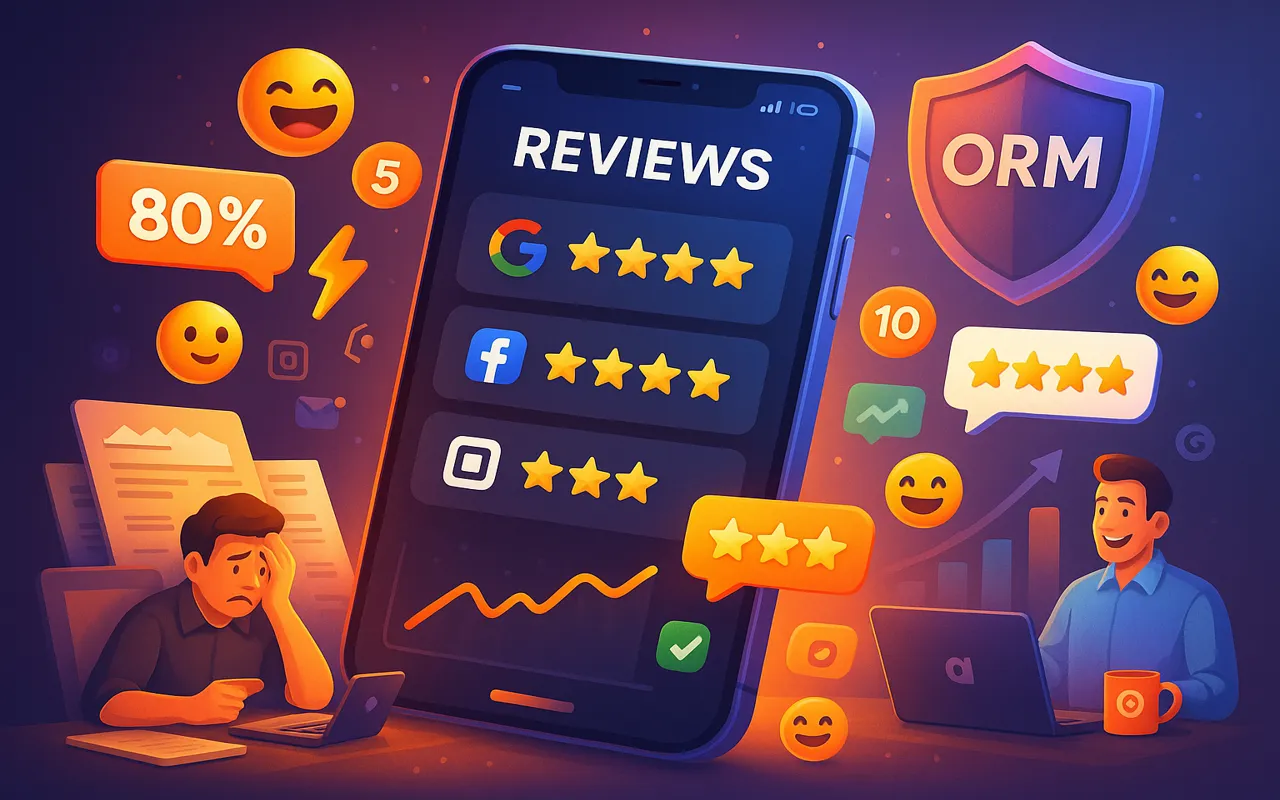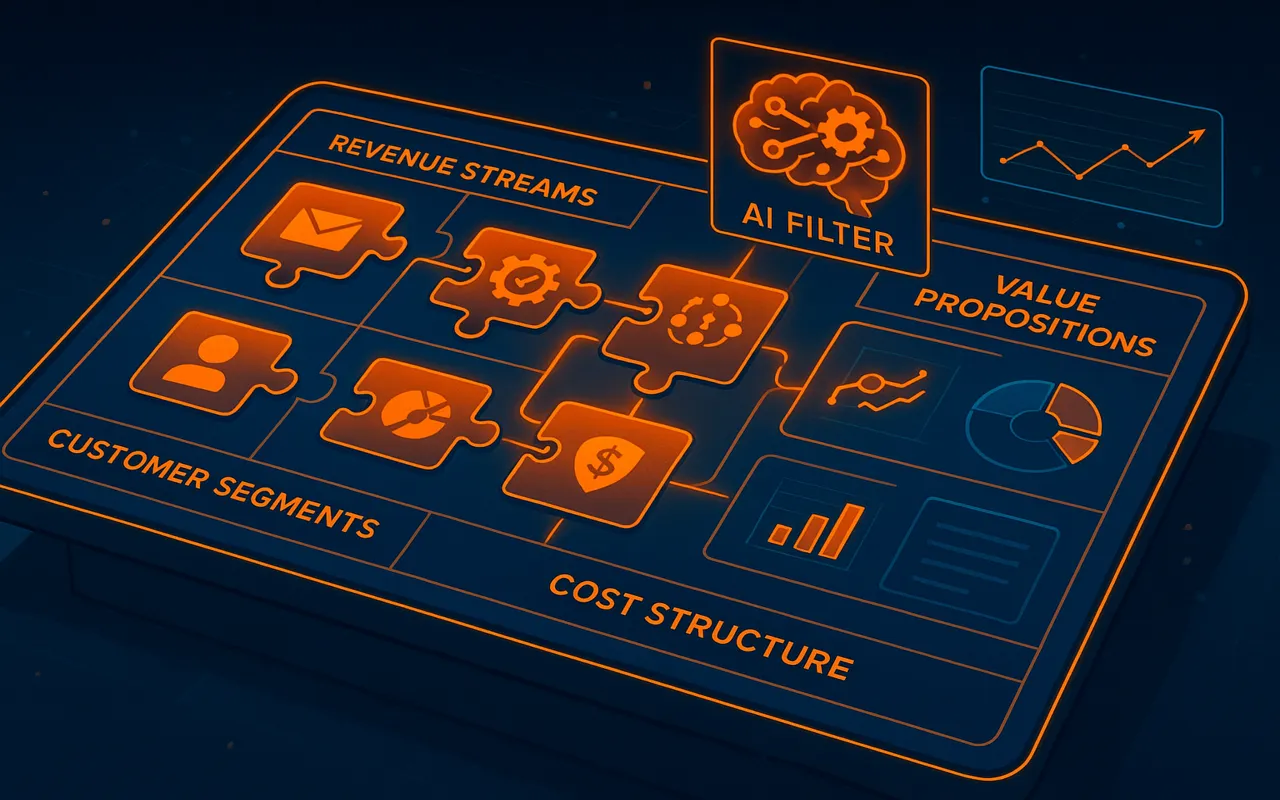The Rise of Quantum Computing: What Startups Should Know
Quantum computing is moving from labs to real-world applications—and startups that understand its potential now will gain a massive competitive edge. Here’s your no-hype guide to the quantum revolution. Why it matters: Quantum simulations can model molecular interactions in hours vs. years. Startup example: ProteinQure uses quantum algorithms to design new medicines. Quantum cryptography: Unhackable networks via quantum key distribution (QKD). Quantum advantage: Solve route optimization problems with 1000x variables faster. Real-time global fleet routing Optimize renewable energy distribution Look for "impossible" optimization/simulation challenges in your industry. Access hardware via IBM Quantum, AWS Braket, or Azure Quantum. Seek "quantum-aware" developers with Python/Q# skills. "Start exploring quantum machine learning now—it could disrupt AI by 2030." Quantum computing won’t replace classical computing—it will augment it. Startups that learn to harness both will lead the next tech revolution.Quantum Computing vs. Classical Computing
Factor
Classical
Quantum
Basic Unit
Bits (0 or 1)
Qubits (0, 1, or both)
Speed
Linear processing
Exponential for specific tasks
Best For
General computing
Optimization, simulation, cryptography
3 Quantum Opportunities for Startups
1. Drug Discovery & Materials Science
2. Ultra-Secure Communications
3. Logistics Optimization
Shipping
Energy Grids
How Startups Can Prepare Now
1. Identify Quantum-Ready Problems
2. Partner With Quantum Clouds
3. Hire Hybrid Talent
Current Limitations to Know
Pro Tip
Quantum Computing Timeline
Final Thought
1 comment on “The Rise of Quantum Computing: What Startups Should Know”
Leave a Reply
Your email address will not be published.
Ready to build your dream product?
Whether it’s a sleek mobile app or a full-stack platform, our experts are here to help.












Comment: Quantum computing explained in a very beginner-friendly way. Loved it!